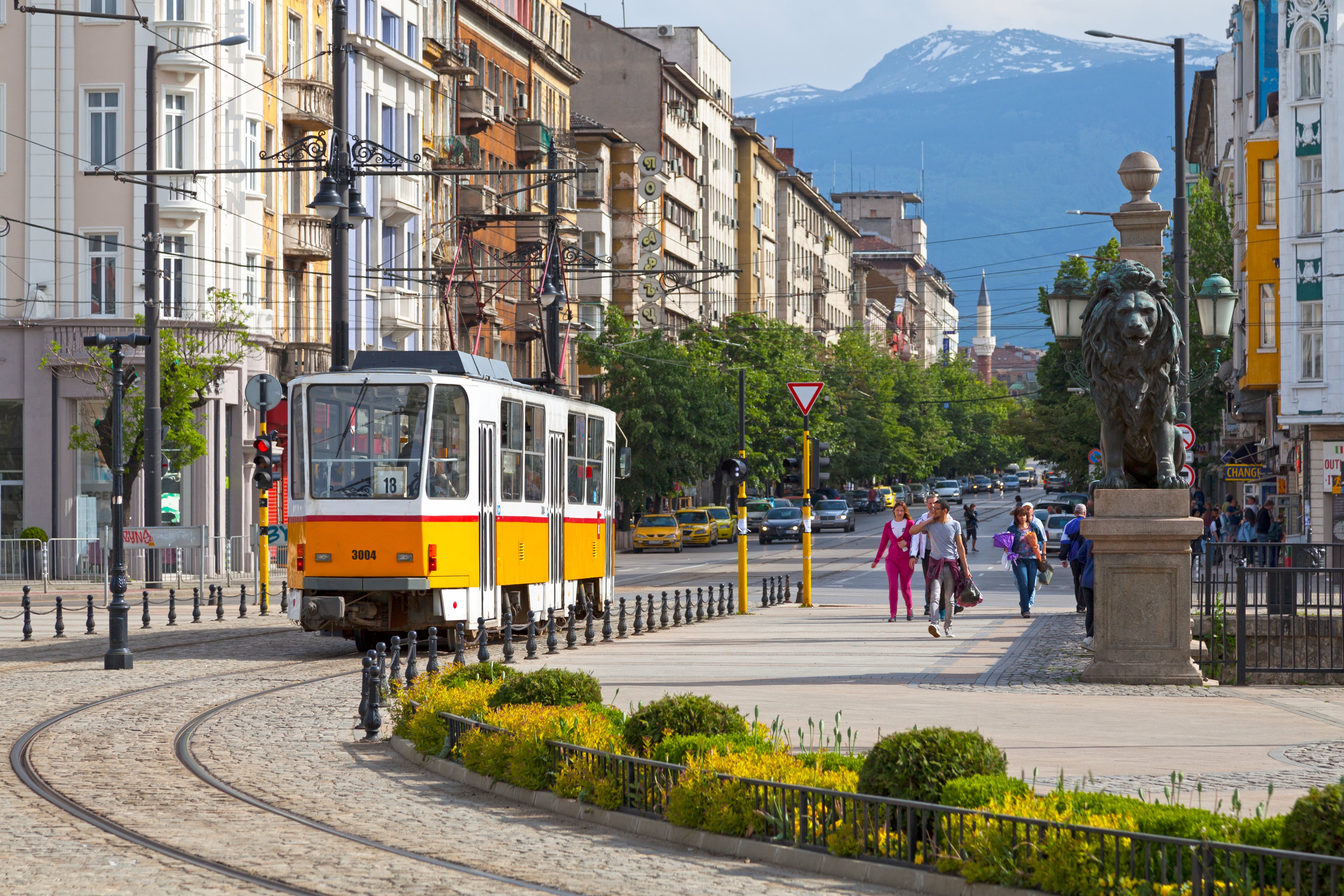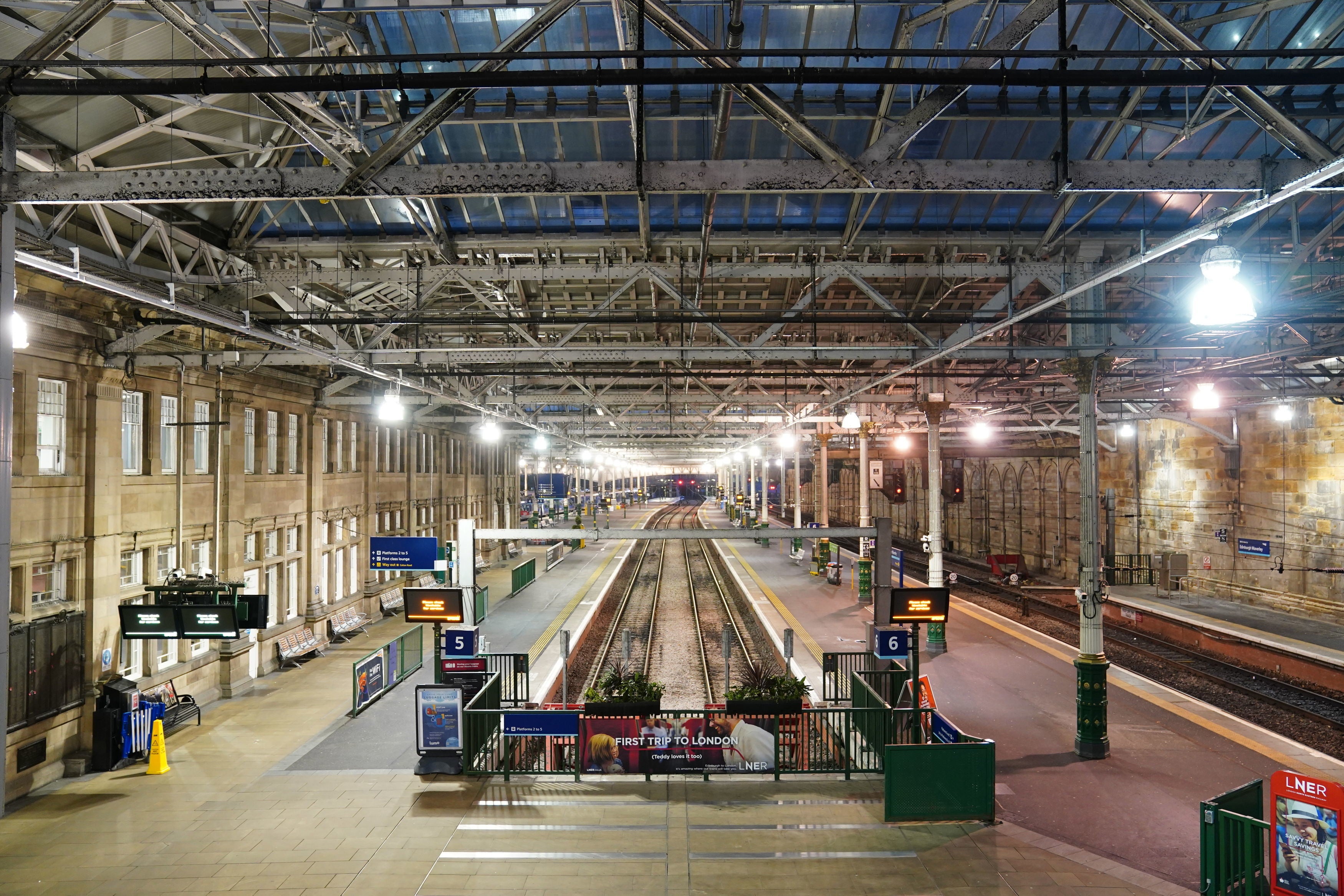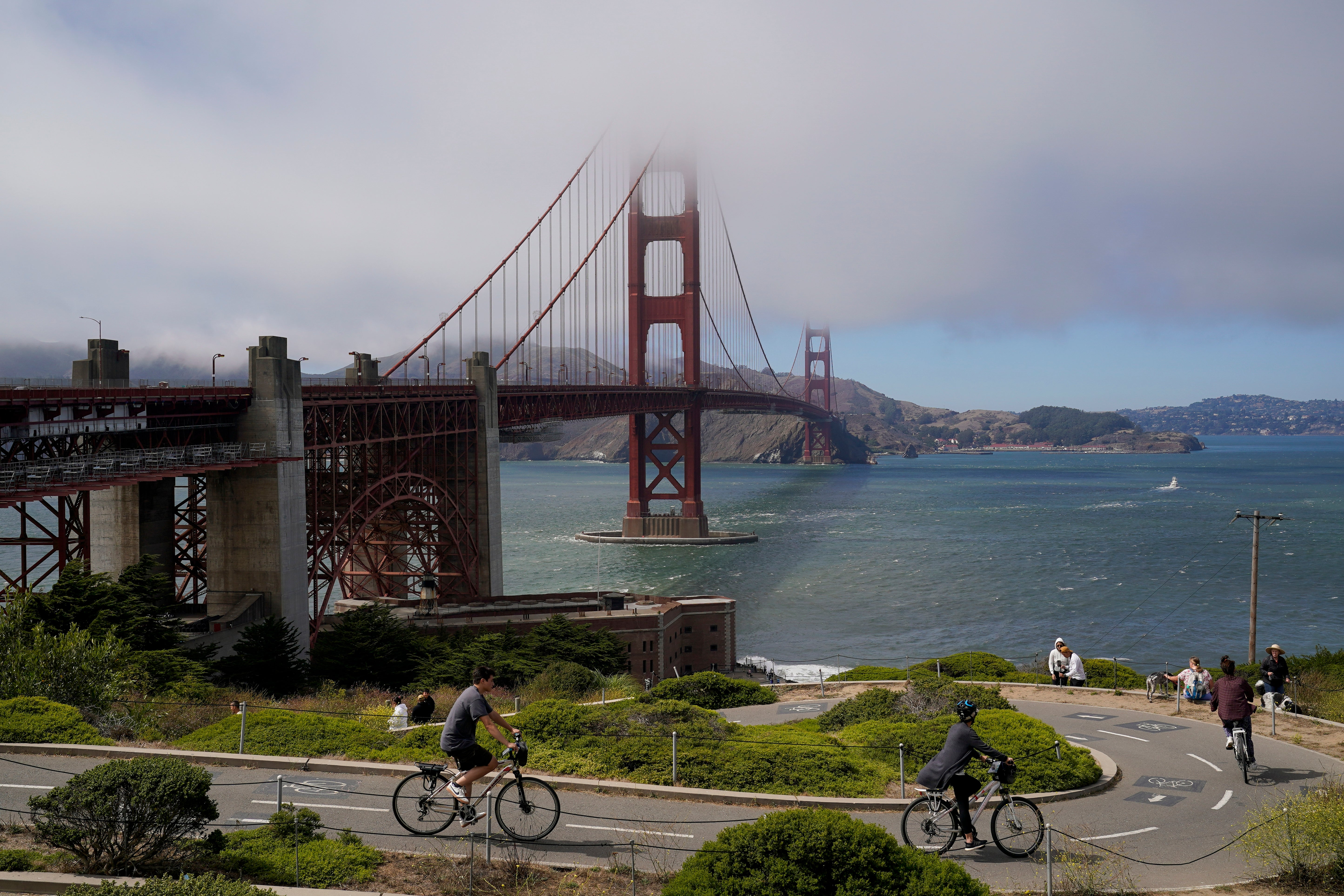Will Bulgaria joining the Schengen area affect me?
Simon Calder answers your questions on Bulgaria’s move to the Schengen, travelling from Edinburgh to London, new airport security procedures and the features that make a city appealing


Q I live in the UK and have a property in Bulgaria. I travel frequently from the UK to Germany for work. For the past couple of years I have been able to spend up to 90 days in Bulgaria without affecting the time I can be in the rest of the EU. I was concerned to see that Bulgaria is now in the Schengen area, which I imagine could make things tricky. But someone said on an online forum that Schengen status only applies if you fly into Bulgaria, not if you cross by land from Greece. Is this correct?
Name supplied
A One of the many consequences of Brexit for British citizens – particularly those who own property in the EU – is the UK’s demand to be subject to the “90/180-day” rule. This is the Schengen area restriction on the time that “third-country nationals” can spend within the zone, amounting to about three months in any six-month stretch. Schengen now includes all EU member states except Cyprus and Ireland, as well as Switzerland, Norway, Iceland and some small countries.
Until the start of April, British visitors could spend an additional 90 days in Bulgaria (and neighbouring Romania) without affecting their Schengen area score, because those nations were outside the zone. Each had its own 90/180 allowance, and so in theory you could be permanently in southeast Europe, spending 90 days in Bulgaria before crossing to Greece for a further 90 days, for example.
From this month, arrivals from, and departures to, other Schengen nations do not pass through border controls. As you say, checks are still being made at land frontiers between Greece and Bulgaria (as well as between Hungary and Romania). But you cannot swerve the 90/180 rule by entering either Balkan country by road. The checks are being imposed solely in a bid to monitor and control the flow of people from Bulgaria and Romania into the rest of the EU, because of concerns about migration.
Ireland remains a special case, with British citizens able to spend unlimited time in the republic. Cyprus is now the only southern Europe destination where Schengen area rules do not apply.

Q I have to get from Edinburgh to London on Saturday morning, arriving by around 2pm. It’s the day of the strike on LNER. Due to various commitments I cannot travel a day earlier or later. But the fares are off the scale.
Cheap Lumo trains are all sold out, and the cheapest train ticket I have seen is £200 one way. I really don’t want to fly, but easyJet to Gatwick is about £50 less. Can you help?
Elizabeth B
A Yes. I am sorry that you have been bamboozled by the confusing fare structure on the railways. While airlines are a law unto themselves, pricing at whatever the market will bear in order to maximise revenue, on the railways there are significant limits in place.
As background: the latest round of rolling strikes by train drivers belonging to the Aslef union will hit the East Coast Main Line on Saturday. Rail passengers are wearily accustomed to the pattern by now. LNER will run a skeleton service on its core route from Edinburgh via Newcastle and York to London every hour or so. Only the last train of the day, an almost-all-stations departure at 4.30pm, is selling for a reasonable fare – £80 one way. Earlier trains are priced at £200, the cost of an Anytime single.
Fortunately, if you ask a slightly different question, you get a very different answer. You can make your journey, with a seat reservation included, on the 8.52am from Edinburgh to London Euston – it’s an Avanti West Coast train on the West Coast Main Line. You would not have spotted it if you were searching for Edinburgh to London King’s Cross.
The off-peak fare for this journey is just £125, a considerable improvement on the £200 you are being quoted. But I can save you a further £34: if you are prepared to board the London train barely a mile away at Haymarket station, just beyond the West End of Edinburgh, the fare falls to just £91.
The timing is an issue: the train arrives at 2.54pm, which I imagine is too late for you. But with a change of train at Crewe, you can overtake the original service and arrive at London Euston at 2.09pm. Seats are still available for both of these trains.

Q You have been writing at length about the changes to security procedures for cabin baggage, but I am more concerned about the screening for airline passengers. Recently I have seen fewer and fewer of the standard metal detector arches and more of those strange and slightly alarming checkpoints where you have hold your arms outstretched while possibly getting a dose of X-rays. Does anyone actually know whether they are safe?
Rose H
A I believe you are referring to millimetre wave security scanners, which are rapidly appearing at airports across the UK and the rest of the world. Sometimes they are used for a secondary scan after the passenger passes through a metal detector arch, and sometimes as the sole check on passengers. The panel that you face – which typically has a picture of how you are supposed to stand and hold out your arms – is full of tiny transmitters that send out very low power waves, as well as receives that record the reflection.
One manufacturer of such scanners, Rohde & Schwarz, tells potential customers that the scanners allow “contactless illumination of a human body” and can help to detect “body-bound contraband, hidden or unwanted objects of all kinds and materials”. The US Environmental Protection Agency (EPA), meanwhile, says: “Millimetre wave machines are important pieces of airport security equipment because they can show hidden threats such as guns and knives.”
The same agency insists the risk of detrimental effects on health “is very, very low”, adding the scanners emit far less energy than a mobile phone. The metric I use to reassure myself that these body scanners are safe is that they are used to screen airport and airline staff every working day, and I have not heard of any untoward effects or controversy about health concerns for regular users.
The EPA says that anyone worried about the millimetre wave technology is not required to undergo a scan, saying: “You can ask for a pat-down search instead.” This cannot, though, be relied upon in other countries.

Q What would you say is the one feature that makes a city appealing? I live in York so I like a river through the centre – with Budapest as the best one.
Richard M
A Thank you for an intriguing question – one that I have not previously considered. Rivers are at the heart of many cities, with the fundamentals of human geography (transportation and/or bridging point) providing the seed for a settlement. It is difficult to contemplate a visit to London or Paris where the Thames or Seine do not feature significantly. Yet some great cities with a river virtually ignore it: the Spree has never been a particular dimension of Berlin, while the core of Vienna is some distance from the Danube. And in Cairo – a city I adore – the Nile is actually an impediment to enjoying both sides of Africa’s greatest megalopolis.
Deep history is often an important element, and Athens and Rome make the most of their amazing inner-city archaeology. But many great cities, especially in the US, are much younger and still have great stories to tell.
A harbour is always good. At the heart of the appeal of Hong Kong, Sydney and San Francisco is the water – and the way that it plays an essential role in the city’s life. And Hamburg, way inland, also benefits from a mighty harbour with much activity.
A dominant place of worship – in Europe, a cathedral – can also be central to a city’s identity. A fortress or palace also appeals. Yet it is possible for a city to have no especially distinguishing features and still entrance the visitor. Tokyo is probably the prime example, where human hyperactivity is the strongest suit.
I shall contemplate your question next time I visit a new city. Thanks again for a fascinating question.






Join our commenting forum
Join thought-provoking conversations, follow other Independent readers and see their replies
Comments